FT Live Future of Retail 2025 review: Panel debates how to create resilient supply chains in tough times
“Constantly adjusting supply chains is the new norm,” said Victoria Cuthbert, Chief Product Supply Chain Officer, Personal Care, Unilever at the FT Live 2025: Future of Retail event in London this week, when debating Covid, Brexit, green ESG drivers, President Trump’s tariffs and so on with fellow panellists from Fairtrade, BSV and AWWG.
“We’ve built on the tools that we developed for Covid,” said Unilever’s Cuthbert on 7th October at the Convene venue in the City of London, when considering how her firm has responded to President Trump’s tariffs and the general geopolitical instability evident in supply chains worldwide today from wars in Ukraine to climate induced emergencies. All of which are demanding a more resilient and flexible supply chain from retailers.
“We’re constantly thinking about where we produce things and how we route things,” said Cuthbert. “In Europe, for example, we’re presently trying to shorten our supply chains.”
Under questioning by the FT conference session moderator, Andrew Hill, she admitted this meant making products closer to home markets - better for green, sustainable and ESG reasons - but also considering the speed and cost of deliveries from further afield. “Lighter products can travel a long way,” said Cuthbert.
However, reshoring is politically advantageous in Trump’s America and in certain other jurisdictions at the moment, in addition to its sustainable credentials.
“Thanks to Covid induced disruptions, supply chains are often front and centre as an issue in Boardrooms now,” said Cuthbert. “Boards will invest in supply chains now because they know it will deliver market share from recent experience [if it is done right].”
According to Iván Vender, Chief Operations Officer (COO), AWWG, which owns fashion brands like Hackett and Pepe Jeans among others, providing the right service at the right price is always crucial. “Getting the balance right in the supply chain helps this,” he said, while also emphasising cost control is always an aim as well, especially during these tough economic times.
“Collaborating with partners to give us end-to-end visibility is also important,” said AWWG’s Vender, alluding to the traceability aspect inherent in environmental, social and governance (ESG) drivers which have been quieter in 2025 but can still deliver results even if the messaging isn’t prevalent during these anti-woke times.
Fellow panellist, Eleanor Harrison, CEO at The Fairtrade Foundation agreed with this, as its end-to-end oversight - whether it’s delivered by the blockchain or whatever other data led means - provides sustainability insights, among much other useful data. “Buy in an ethical way even as you navigate these present storms,” urged Harrison.
Harrison also pleaded for retailers in the room to maintain their values during these tough times even though everyone is in a fight for survival. Despite the challenges, this seems to be happening as she stated: “Sales are up 40% for fairtrade and organic products.” Higher end customers, however, no doubt remain the core constituency.
Technology innovation on the blockchain
Technology can also smooth, speed up, and make supply chains more data centric than ever before, explained another panellist, Ásgeir Óskarsson, Managing Director at the BSV Association.
This Switzerland-based non-profit organisation serves as the global advocate for the BSV blockchain, which is a public chain seeking to ensure data is verifiable and easily interchangeable on the blockchain at a low scale cost.
“Your supply chain is a solid foundation for your business. But tech can underpin and enhance it via good data and AI usage,” said Óskarsson, as he urged companies to embed the blockchain - often described as the new web - into their businesses. “It can be complex if you’re a very big business,” he admitted, but it’s worth it for the data centric benefits in his opinion.
“Technology also allows you to be proactive and not just reactive,” he added. “The future of retail is that everyone in this room becomes a technology company. Trust is crucial in that equation though.” As it is in the supply chain. Just look at the recent cyber attack versus Jaguar Land Rover (JLR) for a recent example of what can go wrong when trust that you’ll get paid disappears.
As the FT moderator, Hill, asserted perhaps a “just-in-case, rather than a just-in-time supply chain might be a better idea for the future?” After the cyber attacks versus M&S, Co-op and others this years that might be something for retailers – as well as car manufacturers – to consider.
Agility is certainly a requirement that retailers need in the increasingly unstable geopolitical world that we find ourselves in, although an audience member at FT Live in London did question why Unilever needed it when their personal care products, from deodorant to shampoo, are in every supermarket across the land?
“Well, that isn’t the case in China,” responded Cuthbert. “The direct-to-consumer (D2C) market is a much bigger segment for us there. Indeed, I’d suggest you look to China to see the future direction we are heading towards as an industry,” she concluded.






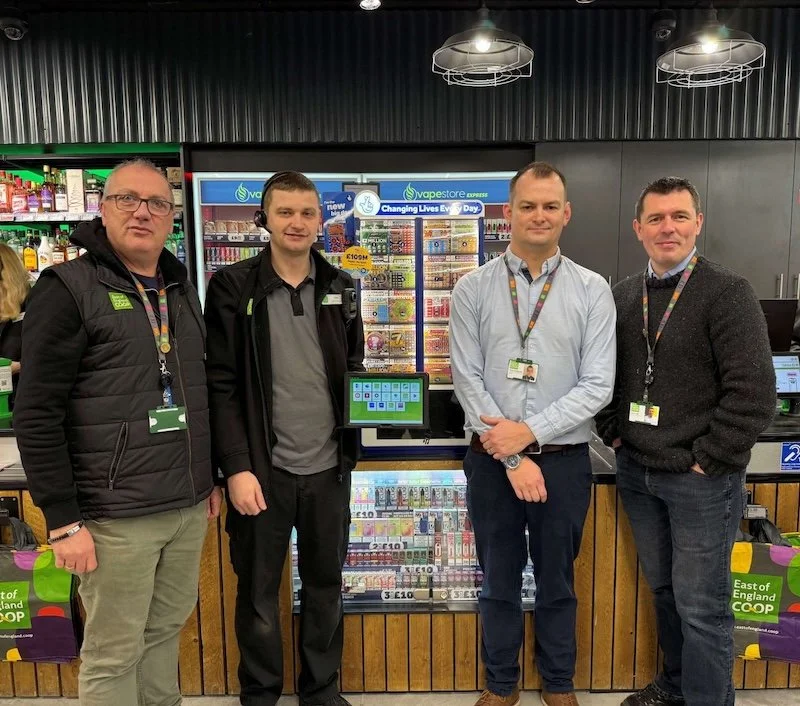

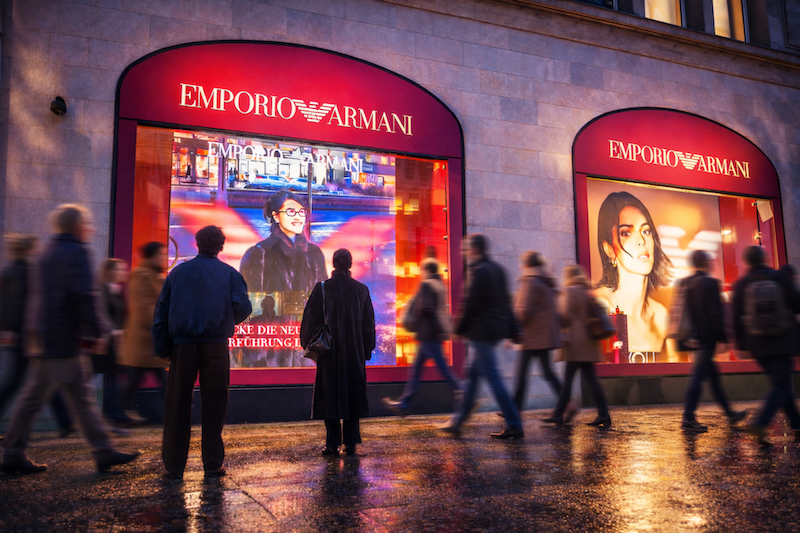
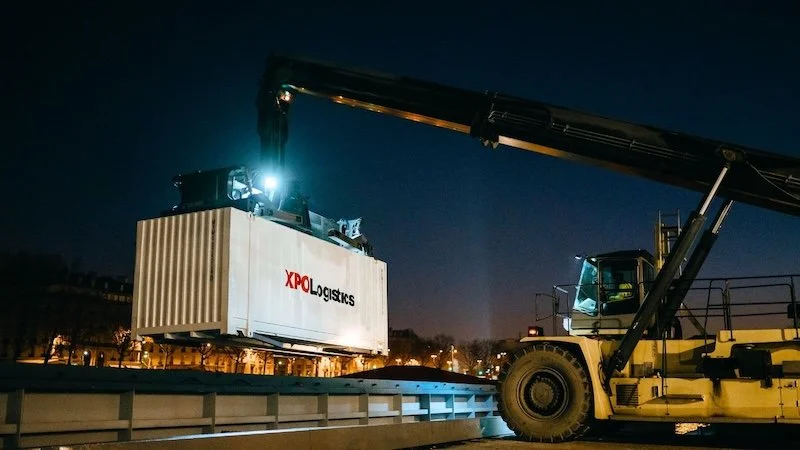






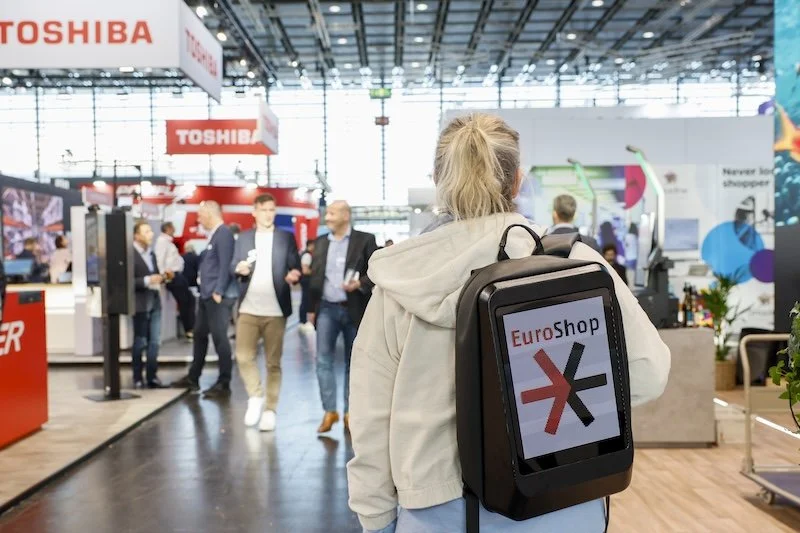
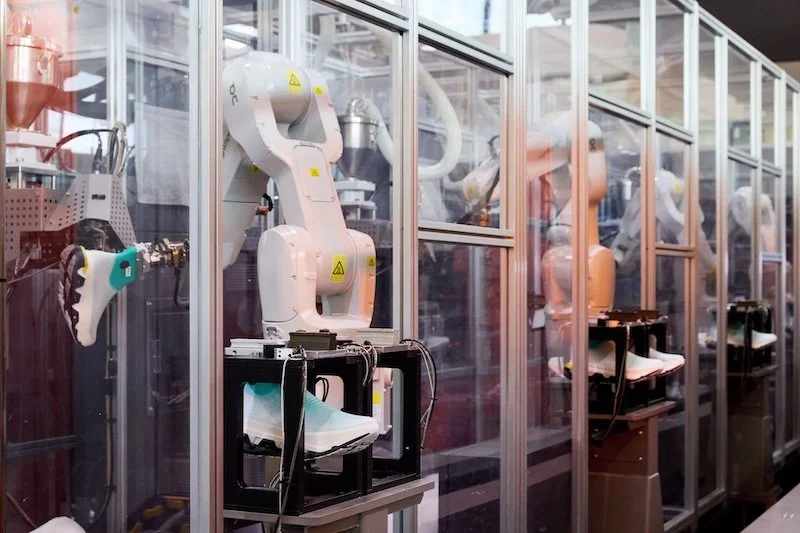







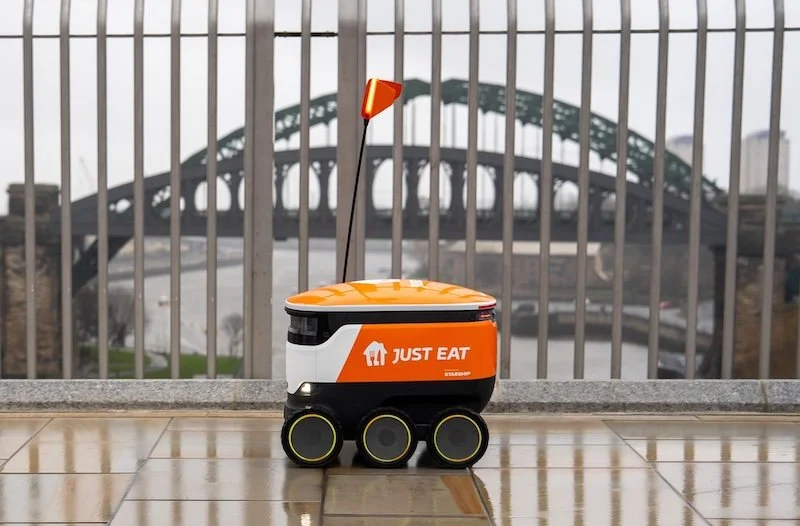

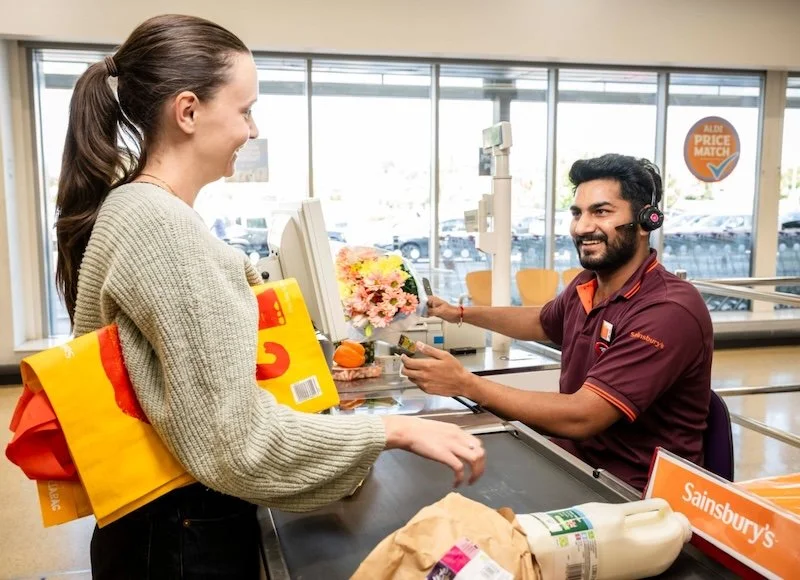
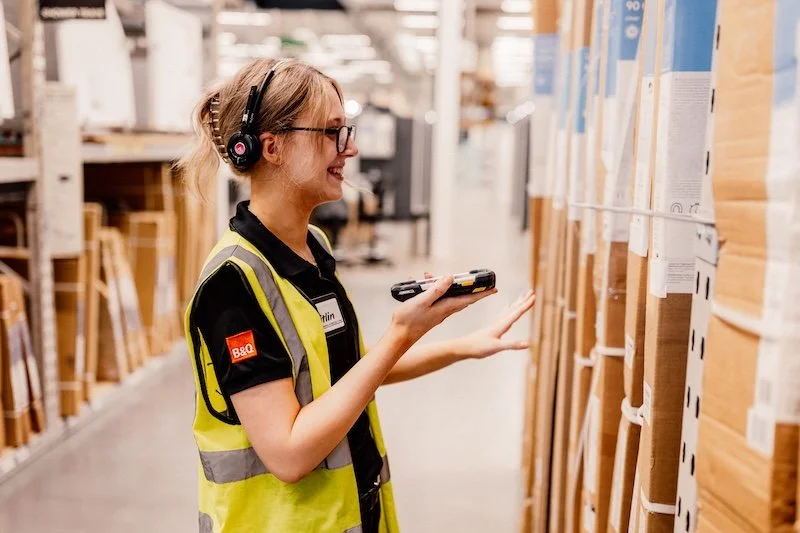
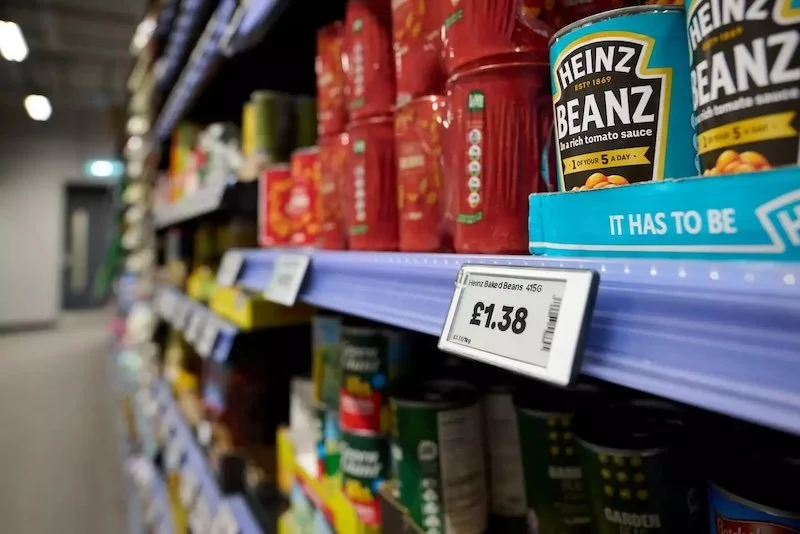

Continue reading…